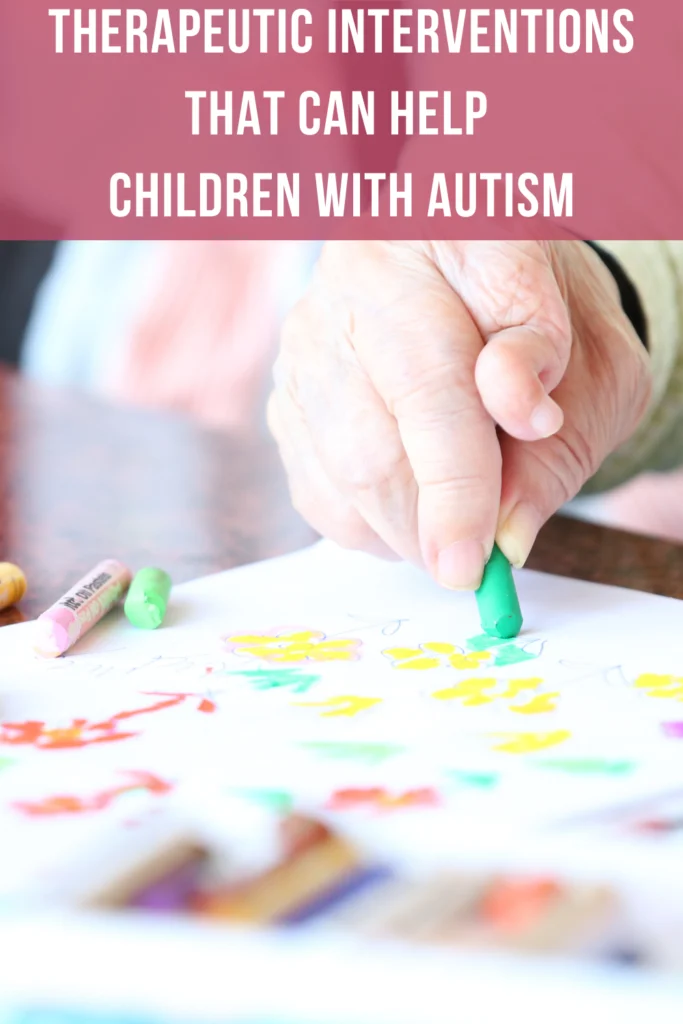
The first thing to note is that one is approaching this incorrectly if they are looking for a cure to their children’s autism. That doesn’t exist, but that doesn’t mean there hasn’t been extensive studies done which have resulted in ways to reduce symptoms and improve daily living skills. Through the various therapies, it is possible to improve your child’s function and participation in their communities.
It’s important to note that treatments are often multidisciplinary and that when it comes to autism treatment, what works for one child might not work for another. There are many complexities that come with autism so it is important to view and treat everyone as individuals. With that in mind, here are a few examples of different therapeutic approaches that might help your child on their own or in conjunctions with others.
Applied Behavior Analysis
A widely accepted approach for autism spectrum disorder, Applied Behavior Analysis promotes positive behaviors and discourages negative ones. This is done through adaptive learning and behaviors that break down tasks into smaller steps that are more reinforceable through repetition.
ABA can have many benefits such as increase language and communication skills, help with focus on attention span, as well as memory and academics. The therapy can be provided in the home, at school, or through a therapy center and can be done one-on-one or as part of a group.
Floortime
Also known as DIR (Developmental, Individual-differences, Relationship-based), Floortime is a model focusing on parents and caretakers and their relationships with the child through emotional development. Done through a hierarchy of milestones, it involves meeting the child at their developmental level and challenging them to rise to the next through positive attention of the child’s interests.
Floortime is based upon what a child might have missed at developmental milestones due to processing differences. Done through outlines of 6 developmental stages that children on the autism spectrum may have missed, the hope is to strengthen foundational abilities through meaningful play as a way to advance developmentally.
Social Skills Training
Important through many aspects of life, including building relationships and learning, having your child learn stronger social skills will help throughout their lives. This can be achieved multiple ways and what works best will vary child by child. Among these is the importance of positive praise when you see your child interacting positively with others.
This can be practiced through role-play where a child and their parent, or a professional, sits with them to act out what should be done at social events. What these events will look like vary by age and should be adjusted accordingly for what the child might be experiencing at school or among peers.
It is possible for austic children to have difficulties applying what they’ve learned for one social setting and applying it elsewhere. This is something to keep in mind and can be helped by collaborating with your child’s teachers, and therapists, to make sure the same social prompts are getting both at home and in their school.
